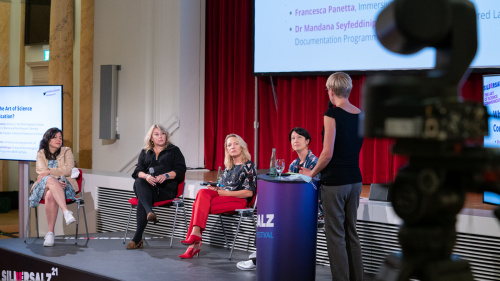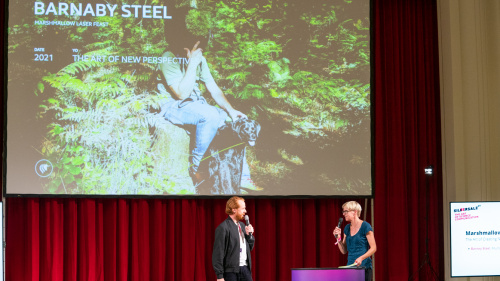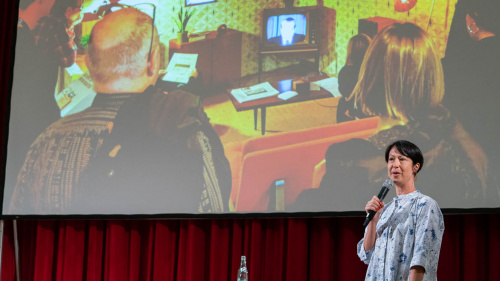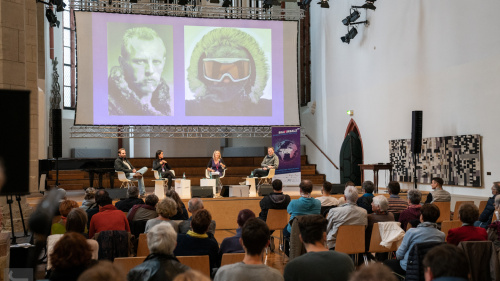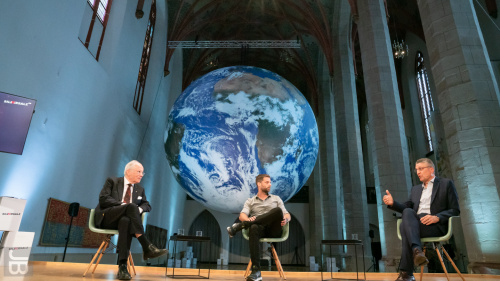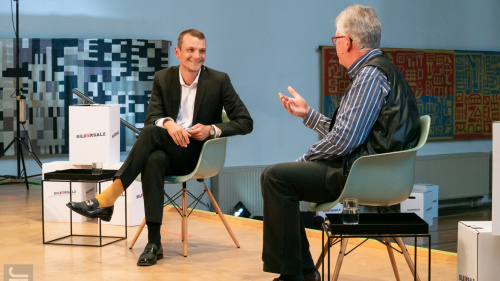More interactive stuff, more immersive experiences, more classical formats, a mixture? Or something completely new? Why is it sometimes so hard to reach people? And what are the most promising solutions? Let’s discuss the art of science communication and science journalism with renowned experts from the field! This talk is in English and has been part of the SILBERSALZ Conference: The Art of Science Communication.
More interactive stuff, more immersive experiences, more classical formats, a mixture? Or something completely new? Why is it sometimes so hard to reach people? And what are the most promising solutions? Let’s discuss the art of science communication and science journalism with renowned experts from the field! This talk is in English and has been part of the SILBERSALZ Conference: The Art of Science Communication.
